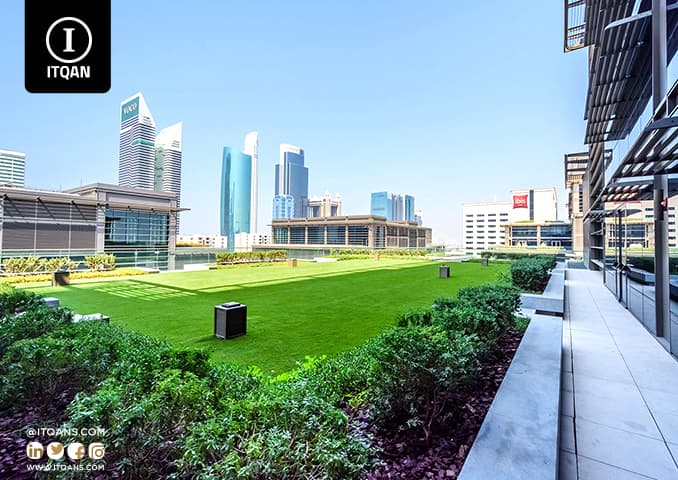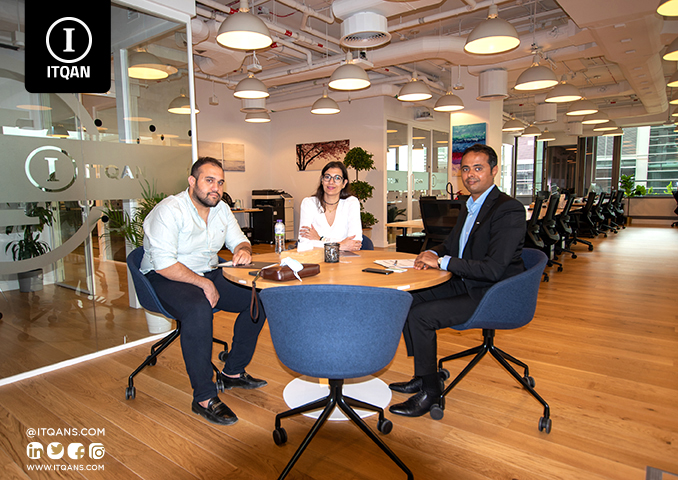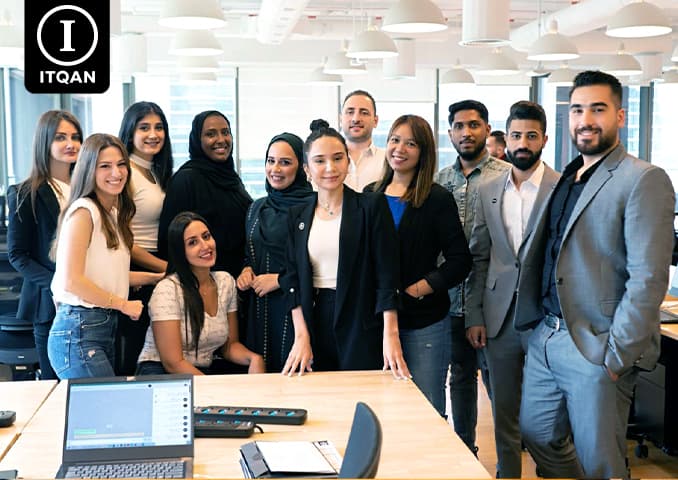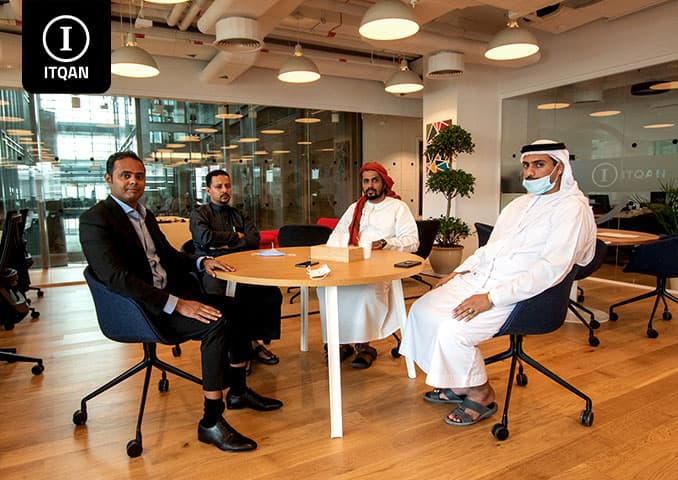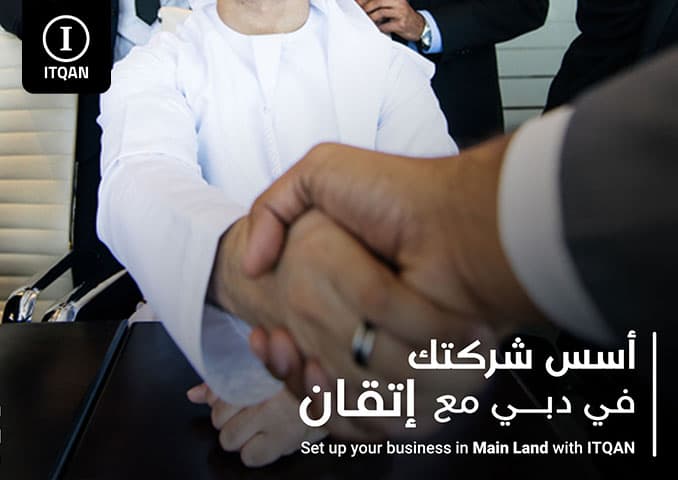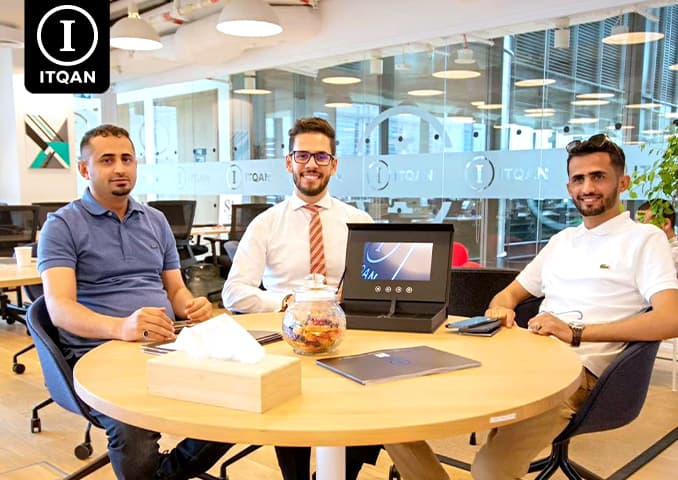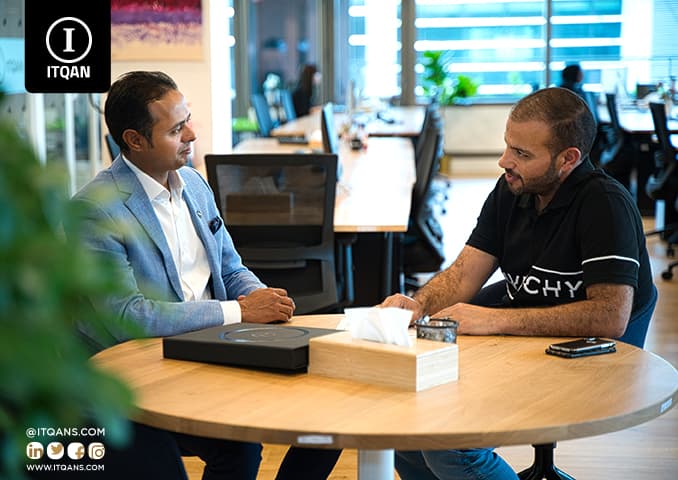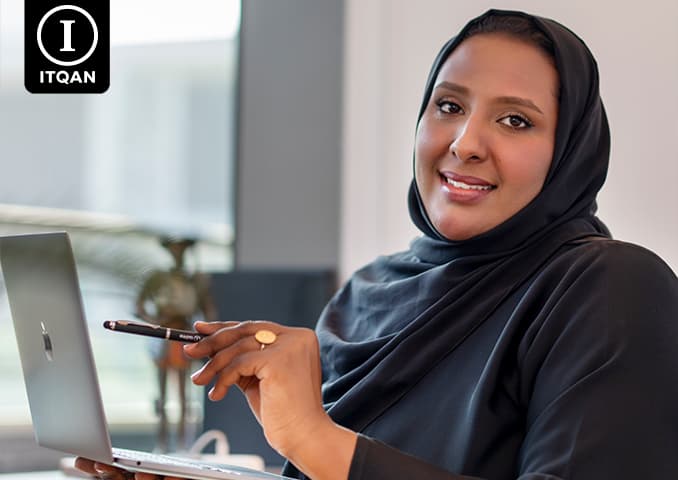The Dubai International Financial Centre (DIFC) Free Zone is one of the most prominent investment destinations in the UAE, attracting investors from all over the world with its advanced business environment and business-friendly laws. Established in 2004 with the aim of strengthening Dubai’s position as a global financial hub, the DIFC has proven to be an ideal starting point for businesses across financial and non-financial sectors.
The DIFC offers a comprehensive range of services and facilities that make setting up a company in the DIFC an attractive option. These include tax exemptions, 100% foreign ownership, and flexible legal regulations that enhance opportunities for innovation and growth. The free zone also includes advanced infrastructure, including modern offices, commercial spaces, and support facilities that help companies achieve their goals effectively.
In addition, the DIFC provides a strong network of financial institutions and global companies, facilitating access to local and international markets. Investors have the opportunity to benefit from a clear legal and regulatory environment that supports business expansion, making the DIFC an ideal platform for starting and growing companies.
With the rapid growth of the UAE economy, the Dubai International Financial Centre Free Zone is attracting more investments and providing new opportunities for investors. Establishing a company in this leading financial centre is not only about meeting the demands of the market, but also about accessing the latest knowledge and technologies that enhance business success. In this article, we will review the basic steps and procedures required to establish a company in the Dubai International Financial Centre Free Zone.
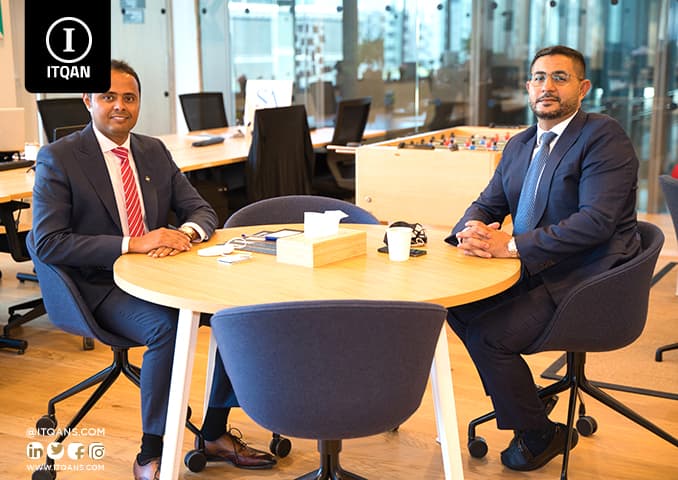
جدول المحتوى
ToggleSteps to establish a company in the Dubai International Financial Centre
Establishing a company in the Dubai International Financial Centre (DIFC) requires following a set of specific steps. Here are the basic steps to establish your company:
Determine the type of business activity: Determine the type of activity you wish to conduct. It can include financial, consulting, and professional services activities.
Choose a trade name: Choose a distinctive trade name that is consistent with the activities you will carry out. The name must be available and not previously used.
Apply for a license: Apply for a trade license through the DIFC website. This will require submitting the required documents, including your ID, passport, and business plan.
Prepare legal documents: You need to prepare legal documents, such as the company’s articles of association and memorandum of association. It is preferable to consult a lawyer or legal advisor.
Sign a lease agreement: After the application is approved, you will need to sign a lease agreement for the office or commercial space within the centre.
Open a bank account: Open a business bank account in one of the approved banks in the Dubai International Financial Centre. You will need to submit the required documents from the bank.
Obtaining Visas: Apply for work and residence visas for employees if you need to hire.
Receiving the License: After fulfilling all the requirements, you will receive the trade license that authorizes you to start practicing commercial activities.
Registering with the Chamber of Commerce (if required): Registering with the local Chamber of Commerce may be an additional step, depending on the type of activity.
Starting Business Operations: After completing all the steps, you can officially start your business in the Dubai International Financial Center.
Procedures required to open a bank account for the company
Opening a bank account for a company in the UAE requires following a set of procedures. Here are the basic steps required to do so:
Choosing a bank: Choose the bank you wish to open the account with. Make sure that it provides services that suit your company’s needs.
Submitting the application: Fill out the bank account opening application form available at the bank. You can obtain this form from the bank’s website or directly from the bank branch.
Meeting with the bank: You may be asked to attend a meeting with a bank representative to discuss the account details and the company’s activity. Make sure that all relevant partners and directors are present.
Submitting additional documents: You may be asked to submit additional documents, such as proof of office address (such as a utility bill) or other financial details.
Waiting for approval: Once all the documents are submitted, the bank will review them. The approval process may take several days.
Activating the account: Once your application is approved, you will receive the bank account details, and you will need to activate the account. You may be required to deposit a certain minimum amount to open the account.
Receiving ATM cards: You will receive the company’s ATM cards, if available.
Activating online banking: Register your account for online banking to make it easier to manage your account.
Taxes that companies must pay in the Dubai International Financial Centre
In the Dubai International Financial Centre (DIFC), companies enjoy a favorable tax regime that attracts many investors. Here are the types of taxes that companies must pay:
Corporate taxes: The DIFC does not impose taxes on profits, which means that companies can keep all of their profits.
Value Added Taxes: Companies with revenues exceeding a specified threshold may be required to pay value added tax on the goods and services they provide, according to the laws of the UAE.
Personal Income Taxes: There is no personal income tax in the DIFC, making it attractive for individuals who receive salaries from companies.
Government Fees: Although there is no tax on profits, the government may charge fees for business licenses, their renewal, and other services associated with setting up a company.
Withholding Taxes: In some cases, companies may have to pay withholding taxes on payments they make to third parties, such as offshore payments.
Environmental Taxes: Companies may be subject to certain environmental fees, if their activities impact the environment, depending on local policies.
Benefits of Setting Up in the Dubai International Financial Centre
Setting up in the Dubai International Financial Centre (DIFC) free zone offers many benefits, making it an attractive option for many businessmen and investors. Here are some of the key benefits:
Flexible regulatory environment: The DIFC provides an advanced and flexible regulatory framework that supports financial and professional businesses, allowing companies to benefit from the flexibility of laws and regulations.
Access to international markets: The DIFC is a gateway to global markets, facilitating financial and commercial transactions with international companies and banks.
Competitive taxation: The DIFC enjoys an attractive tax regime, with no corporate taxes for 50 years, which helps improve profits.
Asset protection: The centre offers a sophisticated legal system that protects assets and enhances property rights, giving investors confidence in their investments.
Modern infrastructure: The DIFC features a sophisticated infrastructure, with luxurious offices and modern facilities, creating a comfortable and attractive work environment.
Providing integrated services: The DIFC provides access to a variety of financial and professional services, including accounting services, legal advice, and insurance.
Diversity of business activities: Investors can establish companies in a variety of fields, including banking, Islamic finance, insurance, and consulting services.
Business networks: The center provides opportunities to connect with a large number of local and international companies, which enhances opportunities for cooperation and partnership.
Access to talent: DIFC provides an attractive environment for specialized talent, where companies can employ highly qualified professionals from around the world.
Innovation and technology: DIFC encourages innovation and technology, with initiatives to promote startups and fintech.
In conclusion, this article on establishing a company in the Dubai Airport Free Zone shows that this area represents one of the most vibrant investment environments in the world. Thanks to its strategic location near Dubai International Airport, the free zone provides unlimited opportunities for companies wishing to expand regionally and internationally. The flexibility and ease of registration and licensing procedures make establishing companies in this area an attractive option for many investors, whether they are from within the country or from abroad.
Dubai Airport Free Zone boasts a range of unique benefits, including 100% foreign ownership, tax exemptions, and import and export facilities, which enhance companies’ competitiveness and encourage innovation and growth. Modern infrastructure and advanced facilities ensure that businesses can operate efficiently and effectively meet their customers’ needs.
Moreover, the presence of a diverse business community that brings together small and large companies contributes to creating opportunities for collaboration and partnerships, which enhances the chances of success. The government also provides strong support to investors, making it easier for them to overcome potential challenges.
In short, establishing a company in Dubai Airport Free Zone is a strategic move for investors seeking to enter new markets and achieve sustainable growth. The multiple benefits and unique advantages make this area an ideal destination for ambitious projects. If you are thinking of starting your own business, Dubai Airport Free Zone offers you all the tools and resources you need to succeed and prosper.
Top FAQs about setting up a company in Dubai International Financial Centre
What is Dubai International Financial Centre (DIFC)?
The Dubai International Financial Centre is a free zone that offers a flexible regulatory environment that supports financial and professional companies. It aims to attract global investments and enhance Dubai’s position as an international financial centre.
What types of companies can be established in DIFC?
Limited liability companies, joint stock companies, branches of foreign companies, and private companies operating in areas such as finance, insurance, and consulting services can be established.
What are the requirements for obtaining a license?
Companies need to submit documents such as the memorandum of association, articles of association, business plan, and personal identity of the founders.
Is there a tax on profits in DIFC?
DIFC does not impose taxes on corporate profits for 50 years, making it an attractive environment for business.
How to open a bank account for a company in DIFC?
You must choose a bank, prepare the required documents, such as the trade license, articles of association, then submit the application and fill out the required form.



